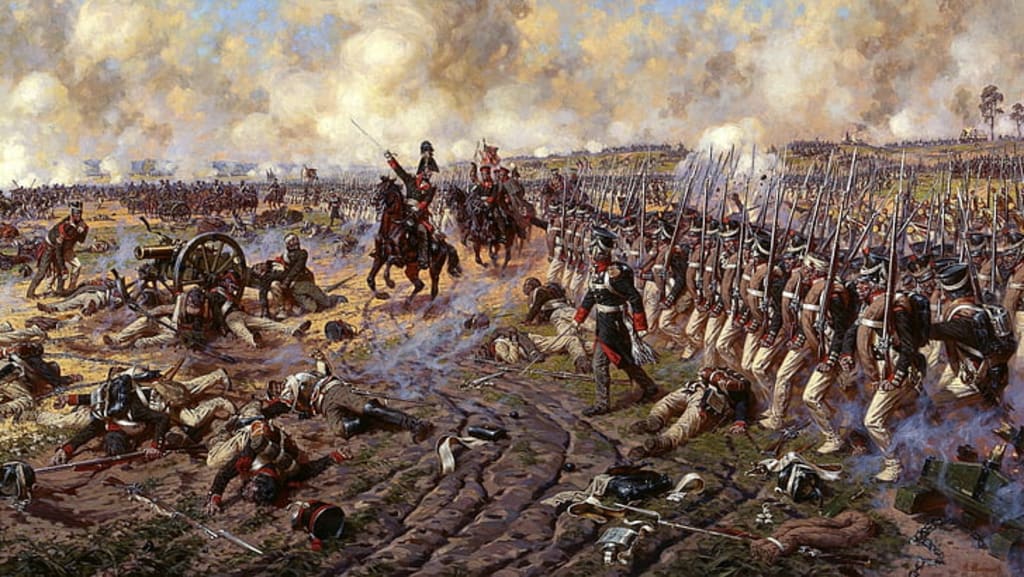
I have twice in my memory sought to put down, in writing what reading Hegel was like for me. The first was a blogpost on a website I had created named 'mutteringsofthealley'. There was something magical I was introduced to in the preface to the Phenomenology of Spirit:- that is, the possibility of considering a directionality to truth. This is what I sought to capture, and as part of a portfolio with my other writings - got me entry into the literary arts department in AUD for an MA. I later was to switch to sociology, yet an impetus remained with me.
Philosophy students, when taught formally in college are often trained in deducing the veracity of an argument. This is done, principly in two ways. 1) to check whether the facts drawn from, and the conclusion are presented cohere with their referents in reality, however that may be understood. 2) To check whether the reasoning deployed to arrive at the given hypothesis is consistent with how the predicates are taken up by the philosopher. This may be an appeal to the 'ethics' of a position in terms of its consequences.
In either of these situations - the form of an objection may be raised in terms of whether a predicate may be raised by the subject. In several domains, this issue is depicted in analogous ways, yet in principle I believe the term property encapsulates its mode of deployment. A dispute in law, a transaction in business, and the colour of a flower - all have something to do with it.
There is always a risk in philosophy, particularly among scholastic system builders - to bind themselves within a tradition; and that sadly is what leads to its fossilization. Deleuze, a great anti-Hegelian, in a playful introduction to his thought, in a series of interviews with Claire Parnett - compiled in Dialogues II presents an essay titled with an essential question. 'What is it? What is it for?' Why do I take this up in introducing a German idealist? Because there is hardly any description which does not appeal to our senses in a singularity which can only be represented in a word.
Why do I say this? Because we as humans are not introduced to the world as in a colouring book with blank sheets. We encounter objects, functions, customs etc. You may make an argument such as 'smoking is bad', yet without a reason - that is merely a proposition; a statement which can be agreed or disagreed with - but which does not posit any ground for entertaining the idea as to why it is so.
Let us posit a simple substitution. 'I prefer chewing gum to candy'. - This too, while indicating a preference, does not express a sensibility that may be sought as a criterion of selection. So what may an example of that be?
The metaphor of a tool may be useful here for almost all of them come with pre-understood purposes. I may prefer an ink pen to a ball pen for instance because it is smoother to write with - and here, however minor; we have a semblance which helps us appreciate why a choice was made; or from a farther angle - tells us something about the kind of life we are representing. This I believe is a representation of what some serious contemporaries refer to as 'immanence'.
The movement of a instrument guided by a will; a platitude so generic that is can be used to speak about almost anything. Communication for instance requires the recognition of symbols, either in sight or sound ie. to be able to comprehend what they refer to - which is never the symbol itself. The relation between this two is an association made in the mind, and, in a roundabout manner, a way in which dialectics may be approached.
What does any of this have to do with 'truth' or 'directionality' however? Well, as a child, and in some ways even now - the grander questions entice me. 'What is the meaning of history' 'is there an unchanging truth' - 'is there anything unchanging' - 'what is a people' and 'can there be thought without language'.
A lot of fluffy clouds for sure. However, in their pursuit, as in the pursuit of anything, you are bound to face obstacles. They may come in many forms, colours, tastes, smells, textures, and weights, some may be goals which seem impossibly far, some may be right beside your bedside table, and for that very reason, out of your mind. The only way an obstacle can be enjoyed however is to remember what it was for. Not the obstacle, but the effort, the will to engage with it. This is the only way your pursuit has any meaning.
I may be starved of company and seek a way to express myself, which leads me to compose an essay. I may call someone on the phone and ask about what kind of music they may be listening to, so that I may get a sense of his or her aesthetic sensibilities. A goal grounds these efforts, without which they cease to be pursuits.
When I seek to present what reading Hegel was like for me, there is a stanza which rings in my mind with a clarity that is hard to forget.
..."Where else could the inner core of a philosophical work be better expressed that in its purposes and results, and how else could this be more determinately discerned than by differentiating it from all other things that this age brings out in the same sphere? However much that sort of doing is supposed to count as actual cognition itself, still it is in fact to be reckoned as being little more that a contrivance for avoiding what is really at stake, or as an attempt to combine the semblance of both seriousness and effort while actually sparing oneself of both seriousness and effort. This is so because the subject matter is not exhausted in its aims; rather, it is exhaustively treated when it is worked out. Nor is the result which is reached the actual whole itself; rather the whole is the result together with the way the result comes to be".
I personally do not look to history with fondness - yet few other fields demonstrate the sense conveyed by the above stanza. There can be no study of the present which is not the study of its own past. Further, there is hardly a conception of the future which does not create within a clearing, from the circumstances of previous work. And yet, they are temporarily discrete and self-negating. This practice, which later Hegelians have named 'tarrying with the negative' is a theme we will return to on a later date.
I would like to highlight a possible objection that could be raised here. Regarding the immanence of the past in the present, if only as a possible path or prerequisite of some kind; or the immanence of the present in any constructible future; is it not possible to state that instead of a multiplicity of chronological or linear conceptions of time, we may entertain a plurality of perspectives, as in a gathering such as an assembly for instance, where each of us are coming from and going to different places, and do not cognize the moment or instance in the same way? Such a conception may be recognized in the phrase 'disjunctive synthesis' deployed in some literatures. Yes, but I would say that the only way this can be represented or qualified is via an accounting of these discrete narratives themselves; perhaps in a manner not unlike the presentation of my thoughts in this essay. Only then may a reason be distilled or revealed, which perhaps some later literary scholars may thematize accounting for a periodization of sorts, not unlike the craft of a historian.
Indoor, India






Comments
There are no comments for this story
Be the first to respond and start the conversation.